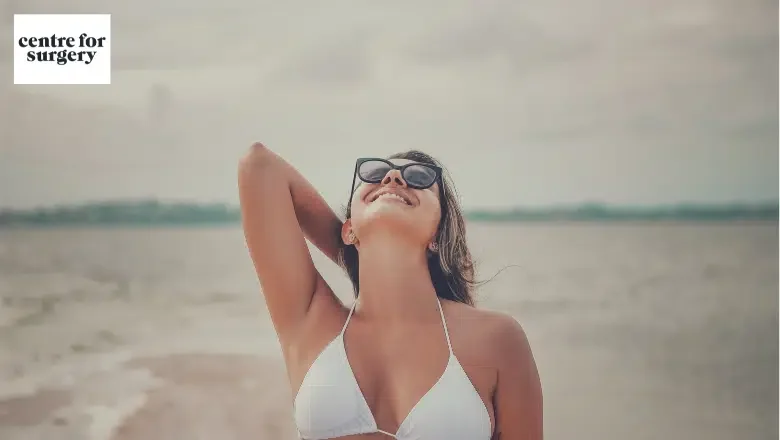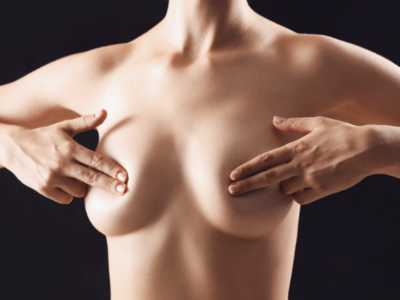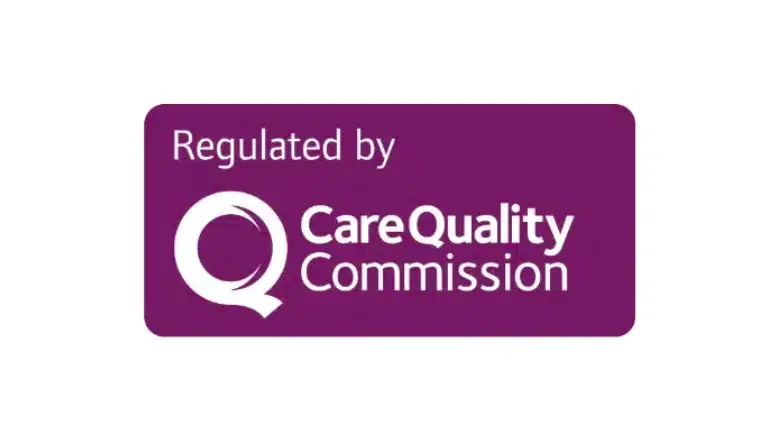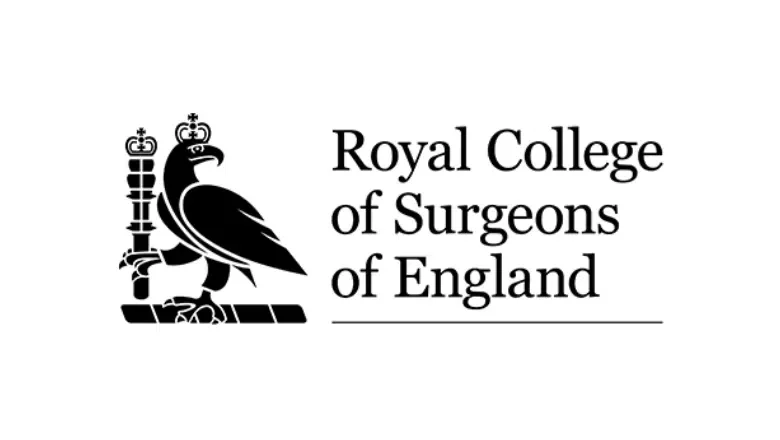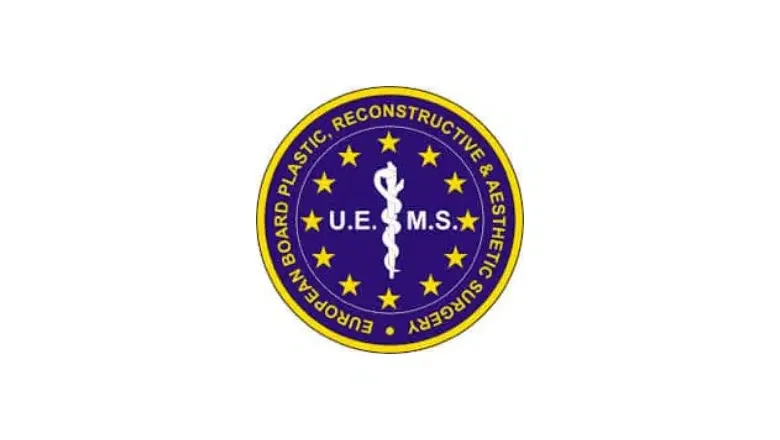There is no specific test for “breast implant illness,” as it is not an officially medically recognised condition. However, there are tests that can be used to evaluate symptoms that some women attribute to their breast implants.
RELATED: What is breast implant illness?
For example, if a woman is experiencing fatigue, joint pain, and muscle weakness, her doctor may perform blood tests to check for autoimmune diseases like lupus or rheumatoid arthritis. If a woman is experiencing chest pain or shortness of breath, she may undergo imaging tests like X-rays or MRI scans to check for any complications with the implants.
In some cases, women may request to have their breast implants removed due to concerns about breast implant illness.
What is Breast Implant Illness (BII)?
Breast implant illness is a term used to describe a range of symptoms reported by some women with breast implants. These symptoms can include fatigue, joint and muscle pain, cognitive difficulties, hair loss, rashes and other skin issues, among others. The exact cause of breast implant illness is not well understood, and there is limited scientific evidence to support its existence as a distinct medical condition. However, some women report experiencing improvement in their symptoms after having breast implant removal. Breast implant illness is a rare condition, and there is still little understood about the condition apart from the fact that the removal of breast implants can often significantly improve symptoms. It is essential to rule out other medical conditions first before considering breast implant illness as a potential cause of your symptoms.
RELATED: Breast Implant Removal FAQs – Q&As about Explant Surgery
Why Does Breast Implant Illness Happen?
The truth is, scientists and doctors aren’t entirely sure why some people experience symptoms that they describe as Breast Implant Illness (BII). There are many theories, but no definite answers yet.
One common idea is that the symptoms could be caused by inflammation in the body. This might be triggered by silicone, which is a material often used in breast implants. But there’s still a lot of research that needs to be done to confirm this or understand how exactly it works.
Other theories are even more varied:
- Human Adjuvant Disease: This is the idea that the materials in breast implants act as ‘adjuvants,’ substances that could potentially make the immune system more active and lead to symptoms.
- Silicone-Induced Incompatibility Syndrome: Some think that silicone could be incompatible with certain people, leading to a range of symptoms.
- ASIA (Autoimmune/Inflammatory Syndrome Induced by Adjuvants): This is similar to the Human Adjuvant Disease idea but is a broader term that could also include symptoms caused by other substances, not just breast implants.
- Heavy Metal Poisoning: There’s also the theory that materials used in making the implants (or even in things like tattoos) might contain heavy metals that could be causing symptoms.
- Chronic Inflammation/Infection or Allergy: Finally, some think that yeast in saline implants or bacteria around any kind of implant could cause long-term inflammation or infection, leading to symptoms.
Some people believe that certain individuals might be more likely to have an immune reaction to the materials in breast implants, which leads to inflammation and symptoms. Basically, these people’s bodies might not ‘like’ the materials used in the implants and react by causing symptoms that we group together as BII.
So while we don’t have a clear-cut answer yet, there’s ongoing research to try and figure out why some people experience these symptoms after getting breast implants.
Common symptoms of BII
Breast implant illness (BII) is a term used to describe a range of symptoms that some women with breast implants have reported experiencing. These symptoms can vary greatly between individuals and can include the following:
Fatigue
Many women with BII report feeling fatigued, exhausted, or lacking energy.
Joint and muscle pain
Some women experience joint pain, muscle aches, and other types of chronic pain.
Cognitive difficulties
Some women with BII report having trouble concentrating, memory loss, and difficulty with mental processing.
Hair loss
Some women report experiencing hair loss and thinning hair, which can be distressing.
Skin issues
Some women with BII report experiencing rashes, acne, and other skin problems.
Digestive problems
Some women with BII report experiencing digestive issues such as bloating, abdominal pain, and constipation.
Sleep disturbances
Some women with BII report having trouble sleeping, feeling restless, or having vivid nightmares.
Mood changes
Some women with BII report experiencing mood changes, including depression, anxiety, irritability, and mood swings.
RELATED: Common Symptoms of Breast Implant Illness
What is the best treatment for breast implant illness?
Diagnosis of breast implant illness is the first step to planning appropriate treatment. Breast implant illness is still not officially recognised as a medical condition by medical experts in the UK. There is no definitive test to confirm or exclude the condition. We would recommend having a consultation with a specialist Plastic Surgeon to determine whether you have symptoms, suggestive of breast implant illness.
Many patients often develop several symptoms which can make activities of daily living difficult. People may often consult their GP to rule out other medical conditions.
Breast implant removal is the only accepted method of stopping, reducing or reversing the effects of breast implant illness. The incision used for breast augmentation is also used for breast implant removal. The best treatment for BII will vary depending on each individual’s symptoms, overall health, and personal preferences. Some common treatments for BII include:
Implant removal
Many women with BII report improvement in their symptoms after having their implants removed. This is sometimes referred to as “explanation.” The implants are removed along with any breast capsule, and the incisions are closed. After breast implant removal, there are several procedures that can help to improve the appearance of the breasts, as they may appear deflated after removal. Treatment options include combining breast implant removal with a breast lift to restore perkier and youthful-looking breasts.
Medical management
In some cases, treating underlying medical conditions or managing symptoms with medications can help alleviate symptoms associated with BII.
Lifestyle changes
Making changes to diet, exercise, sleep patterns, and stress management can sometimes help alleviate symptoms associated with BII.
Complementary and alternative medicine
Some women with BII turn to complementary and alternative medicine, such as acupuncture, massage therapy, and herbal remedies, to manage their symptoms.
What are my chances of getting breast implant illness?
The exact prevalence of breast implant illness (BII) is not known, and there is limited scientific evidence to support its existence as a distinct medical condition. Some estimates suggest that anywhere from a few percent to as many as 20% of women with breast implants may experience symptoms that they believe are related to BII.
Not all women with breast implants will experience BII, and the risk of developing BII is likely influenced by a variety of factors, including the type and composition of the implants, the individual’s overall health, and other factors that may increase the risk of developing symptoms.
How long does it take for breast implant illness to show?
Is weight gain a symptom of breast implant illness?
Weight gain can be a symptom reported by some women with breast implant illness (BII). However, it’s important to note that weight gain can also be associated with a variety of other health conditions and factors, such as changes in diet, exercise habits, and hormonal fluctuations.
Not all women with BII will experience weight gain, and the exact relationship between BII and weight gain is not well understood. It’s also important to note that weight gain is not a universally recognised symptom of BII, and some women with BII may experience weight loss or no significant change in weight.
What are the safest Breast implants?
It’s crucial to note that all breast implants approved by regulatory bodies are deemed to be safe when used as directed. However, the concept of ‘safest’ is complex and can vary depending on individual needs, medical history, and surgical goals.
RELATED: How to Choose the Best Breast Implant Size
During your consultation, your surgeon will conduct a thorough assessment of your overall health, aesthetic objectives, and lifestyle factors. This personalised approach ensures that the most appropriate type of implant is selected for you. Before undergoing a breast augmentation procedure, you will be presented with comprehensive information about the various types of implants available, including:
- Saline Implants
- Silicone Gel Implants
- Form-Stable (“Gummy Bear”) Implants
- Smooth or Textured Surface Implants
Your surgeon will discuss the pros and cons of each type, considering aspects such as look, feel, durability, and potential risks, to help you make an informed decision.
What types of implants cause breast implant illness?
Some women with BII attribute their symptoms to their breast implants, but the relationship between BII and breast implants is not well established, and there is limited scientific evidence to support any specific type of implant as being more or less likely to cause BII.
That being said, there are several factors that may influence the risk of developing BII, including the type of implant (saline vs silicone), the composition of the implant material (such as cohesive vs non-cohesive silicone), the surface texture of the implant (smooth vs textured), and the implant’s size and shape.
The Pinnacle of Plastic Surgery Excellence
Centre for Surgery: Your Vision, Our Craftsmanship
If you’re contemplating plastic surgery, consider entrusting Centre for Surgery with your vision. Located at the premium 95-97 Baker Street address in London, we are a haven for those seeking transformative experiences.
Unparalleled Experience
Our surgeons are certified experts who bring unparalleled experience and skill to each procedure, ensuring that your results are not only beautiful but also long-lasting.
Advanced Technologies
Our facility is a blend of comfort and cutting-edge technology. We’re equipped to offer a wide range of treatments and ensure minimal recovery time.
What Our Patients Say
🌟 Alex T., 50, Facelift “The experts at Centre for Surgery turned back the clock for me. The results are natural and stunning!”
🌟 Nina K., 33, Tummy Tuck “I can finally wear my favorite dresses without worry. The entire experience was first-class.”
🌟 George M., 37, Gynecomastia Surgery “My self-esteem has skyrocketed, thanks to the team at Centre for Surgery. I’m a new man!”
Schedule Your Consultation Now
📞 Phone: 0207 993 4849
📧 Email: contact@centreforsurgery.com
📍 Address: 95-97 Baker Street, London W1U 6RN
Learn more about Breast Implant Illness and Implant Removal at Centre for Surgery
If you think you may have breast implant illness or are concerned about developing the condition after breast augmentation within plants, call us today on 020 7993 4849 to schedule an in-person consultation at our Baker Street clinic. We have years of experience treating women who may have been diagnosed with breast implant illness and have helped improve symptoms and quality of life with breast implant removal surgery.
